- Your cart is empty
- Continue shopping
Shop
T3 (TRI-IODOTHYRONINE)
What is a triiodothyronine (T3) test?

This test measures the level of triiodothyronine (T3) in your blood. T3 is one of two major hormones made by your thyroid, a small, butterfly-shaped gland located near the throat. The other hormone is called thyroxine (T4.) T3 and T4 work together to regulate how your body uses energy. These hormones also play an important role in controlling your weight, body temperature, muscle strength, and nervous system.
The T3 hormone comes in two forms:
- Bound T3, which attaches to protein
- Free T3, which does not attach to anything
A test that measures both bound and free T3 is called a total T3 test. Another test called free T3 just measures free T3. Either test may be used to check T3 levels. If T3 levels are not normal, it can be a sign of thyroid disease.
Other names: thyroid function test; total triiodothyronine, free triiodothyronine, FT3
What is it used for?
A T3 test is most often used to diagnose hyperthyroidism, a condition in which the body makes too much thyroid hormone.
T3 tests are frequently ordered with T4 and TSH (thyroid stimulating hormone) tests. A T3 test may also be used to monitor treatment for thyroid disease.
What happens during a T3 test?
A health care professional will take a blood sample from a vein in your arm, using a small needle. After the needle is inserted, a small amount of blood will be collected into a test tube or vial. You may feel a little sting when the needle goes in or out. This usually takes less than five minutes.
Will I need to do anything to prepare for the test?
You don’t need any special preparations for a T3 blood test. Your health care provider will let you know if you need to stop taking any medicines before your test. Certain medicines can raise or lower T3 levels.
Are there any risks to the test?
There is very little risk to having a blood test. You may have slight pain or bruising at the spot where the needle was put in, but most symptoms go away quickly.
What do the results mean?
If your results show high total T3 levels or high free T3 levels, it may mean you have hyperthyroidism. Low T3 levels may mean you have hypothyroidism, a condition in which your body doesn’t make enough thyroid hormone.
T3 test results are often compared with T4 and TSH test results to help diagnose thyroid disease.
If you have questions about your results, talk to your health care provider.
Learn more about laboratory tests, reference ranges, and understanding results.
Is there anything else I need to know about a T3 test?
Thyroid changes can happen during pregnancy. These changes are usually not serious, and most pregnant women don’t need T3 testing. But your health care provider may order a T3 test during pregnancy if you have:
- Symptoms of thyroid disease
- A history of thyroid disease
- An autoimmune disease
- A family history of thyroid disease

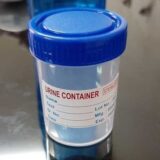
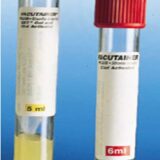
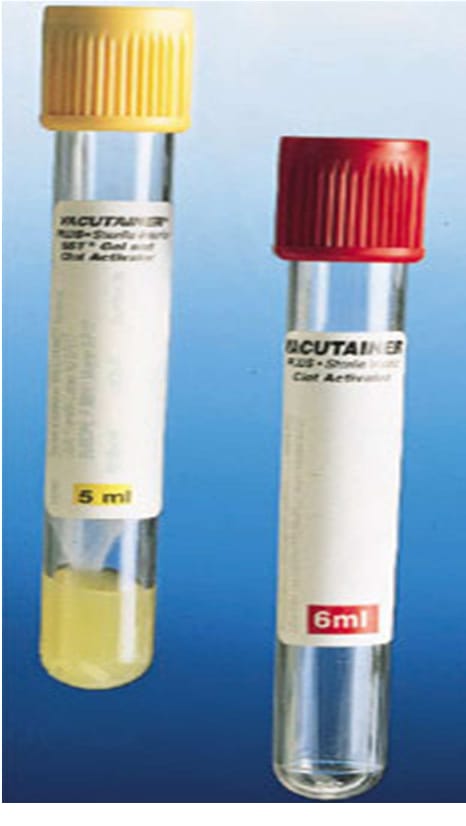
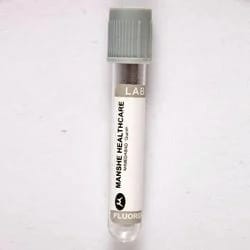
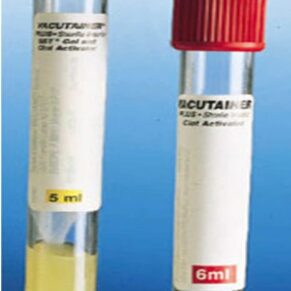
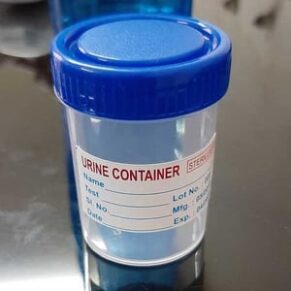
Customer reviews
Reviews
There are no reviews yet.
Write a customer review